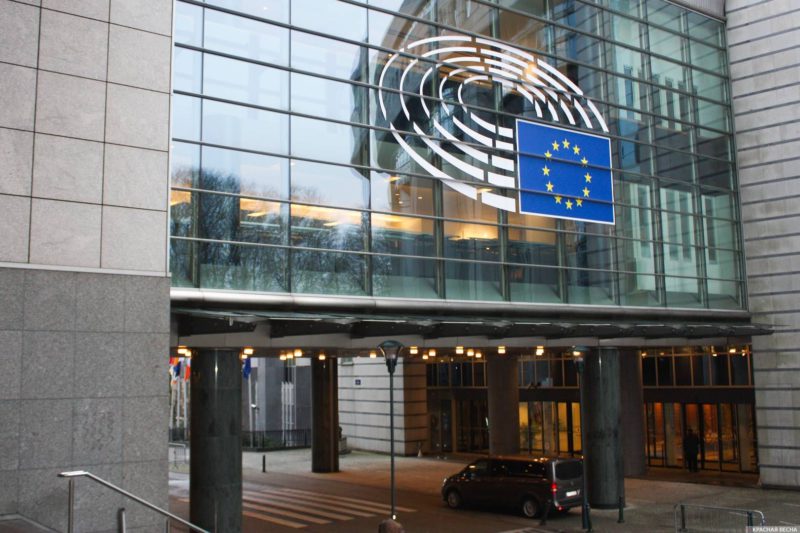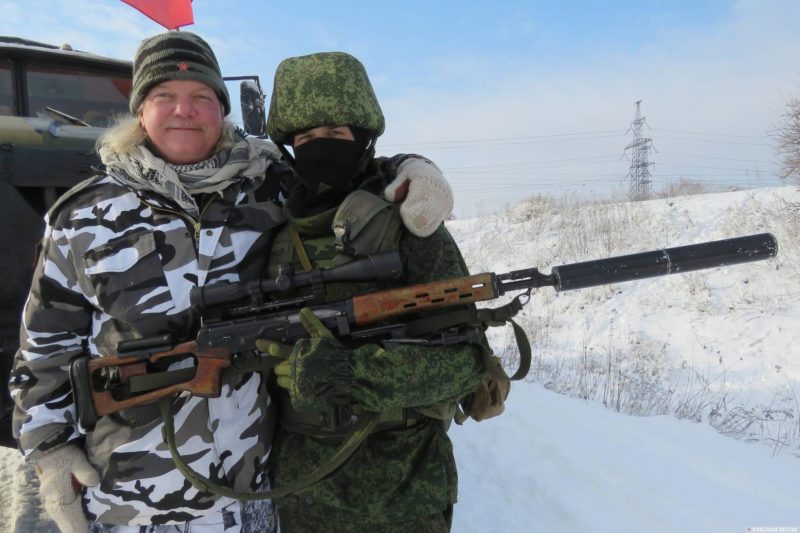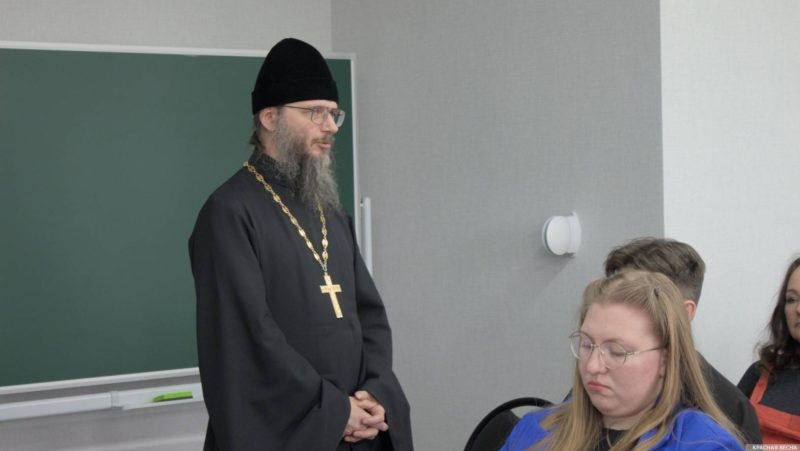05.02.2018, Moscow.
Over the last decade, the economic security of Europe became uncertain, said the Director of the Institute of Europe of the Russian Academy of Science Alexey Gromyko on February 5. The scientist delivered his speech at the international conference “Social inequality and fight against it” in the Civic Chamber of the Russian Federation, a Rossa Primavera correspondent reports.
Gromyko noted in his speech that “not so long ago, Europe was a region that could be proud of achievements in fighting inequality and poverty. After 1945, several generations of Europeans have been accustomed to the fact that their children live better than their parents. In the last 10-15 years the concept of social welfare is uncertain“.
He stressed that the European society ranks the problem of social inequality in the world as the third most dangerous.
Among various examples cited by the expert, there was an increase in the national debt in EU countries. “On average, for the EU countries, the state debt exceeded 98%. And for Greece, the state debt was 180% of GDP. Such countries will never be able to repay this debt. They will survive for any great length of time with the help of external borrowing. Sooner or later this situation should be resolved by non-economic methods”, Gromyko said.
Another problem is the growth of unemployment among Europeans. “As of 2016, more than 19 million people did not have a job in the EU.“ In addition, Gromyko highlighted that in the EU unemployment in the age group under 25 years is 19%. In Italy, this figure is 37%, and in Spain, it reaches 39%.
According to the expert, all this leads to the increase of social tensions in the world, as well as it raises the popularity of radical left- and rightwing forces among people in the European Union.
In recent elections in the various EU countries, election support and rise of popularity of right-wing parties are being observed. For example, in the presidential elections in Cyprus, which took place on February 4, 2018, for the first time a candidate from the ultra nationalist party National Popular Front, Christos Christou, was registered. He received about 5% of the votes. In 2016, in the Austrian presidential elections, Norbert Hofer, a representative of the Freedom Party of Austria, a right-wing populist and national-conservative political party, took second place falling behind by only 0.3% of the votes.
Source: Rossa Primavera news agency




